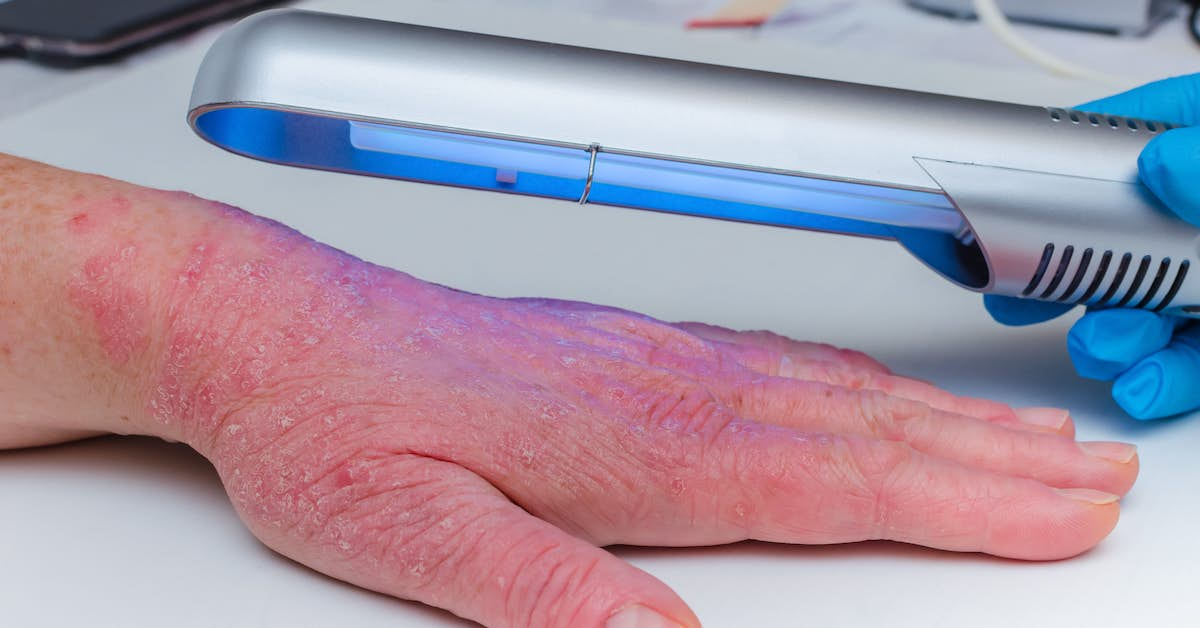Meet
The Expert:
Susan Clark is an award-winning, Emmy-nominated journalist and author who has written about nutrition, health, and wellness for 27 years. She has developed content for articles, reports, books, videos, and television news segments featuring some of today’s top alternative and integrative doctors. She earned a bachelor of science in broadcast journalism from Texas Christian University. She lives in Los Angeles with her husband, two sons, and numerous pets.
Read full BIO



